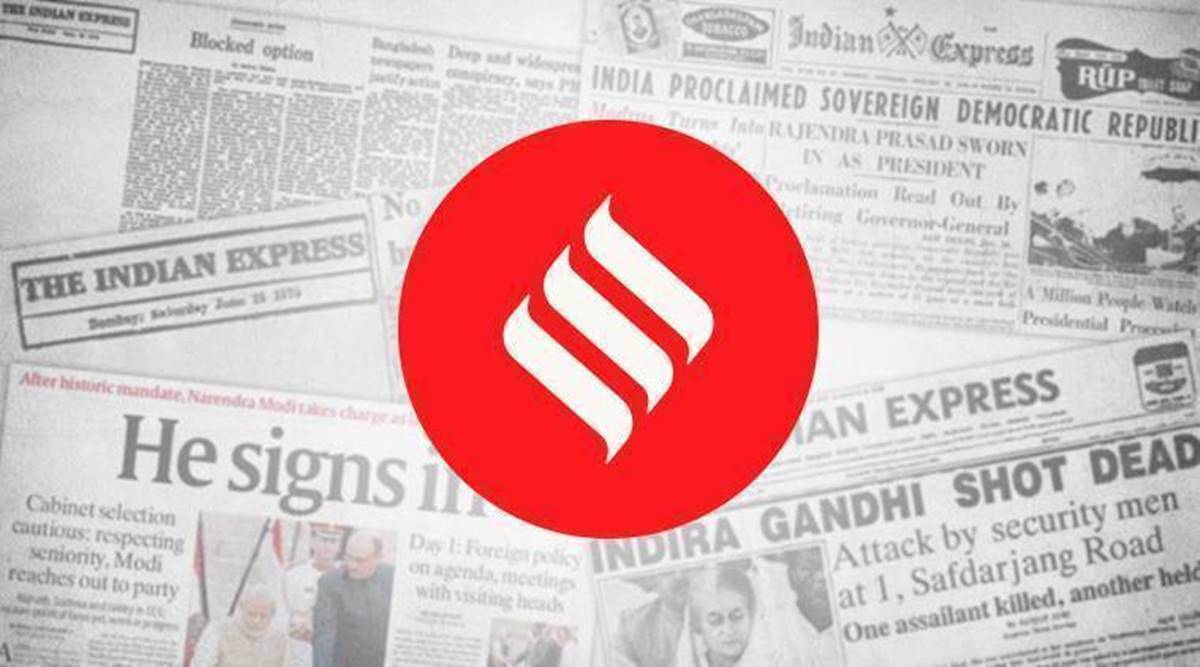 A caste census was last held in 1931 and discontinued thereafter.
A caste census was last held in 1931 and discontinued thereafter. Constituents of the NDA have called for a caste census in recent days, and during the passage of the 127th Constitution Amendment Bill, which restores the rights of state governments to make their own OBC lists, in Parliament. The Janata Dal (United), Apna Dal, and RPI (Athawale) have spoken in favour of conducting the exercise. Opposition parties such as the SP, RJD, DMK and TDP have also asked for a caste count. The UPA government held a Socio-Economic Caste Census in 2011, but the data was not released. In July this year, the Union Minister of State for Home Affairs told Parliament that “the Government of India has decided as a matter of policy not to enumerate caste-wise population other than SCs and STs in Census”. This position is increasingly untenable. The architecture of India’s affirmative programme is based on caste. Public policy must not be formulated on the basis of hazy projections and blurry extrapolations. Accurate data on the caste composition of the population is needed to maximise the gains of policies such as reservation in education and employment.
A caste census was last held in 1931 and discontinued thereafter. National parties such as the Congress and BJP opposed its reintroduction ostensibly on the ground that enumeration will lead to congealing and perpetuation of caste identities, defeating free India’s aim of annihilation of the caste system. But the stark fact is that caste continues to be an influential determinant in public affairs and access to resources. In the absence of updated data, therefore, political parties and public institutions extrapolate from the 1931 Census and National Sample Survey to make claims, arrive at conclusions and even policies. The Mandalisation of the polity in the 1990s has failed to break political resistance to the caste census — it may even have strengthened it. By all accounts, despite the BJP’s hectic social engineering on the ground, the Sangh Parivar’s apprehension seems to be that a caste census will shine the light on faultlines in Hindu society and undermine its grand project of creating a monolithic vote bank. The predominantly upper caste leaderships of major political parties are against generating caste numbers, probably because enumeration would expose the dominance and privilege certain castes have continued to enjoy in social, cultural, political and economic spheres — despite the rhetoric of equality, and promises of social justice and a level playing field.
Sanghamitra Maurya, the lead speaker for the BJP in the discussion on the OBC bill in Lok Sabha, claimed that the Narendra Modi government is in favour of a caste census — the party is yet to clarify its position on her statement. However, the BJP has been wooing OBC leaders by offering them posts in the party and administration. And the Modi government has been focussed on targeted delivery of public goods and services through initiatives such as JAM (Jan Dhan, Aadhaar and mobile). Accurate data on caste will help both party and government — the latter in plugging the gaps and leaks in its schemes, and the former in focusing its political outreach.
- The Indian Express website has been rated GREEN for its credibility and trustworthiness by Newsguard, a global service that rates news sources for their journalistic standards.

